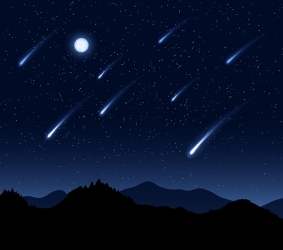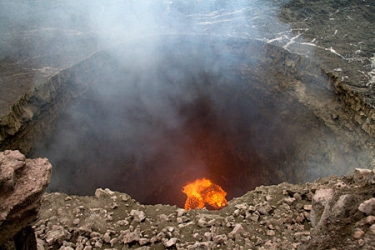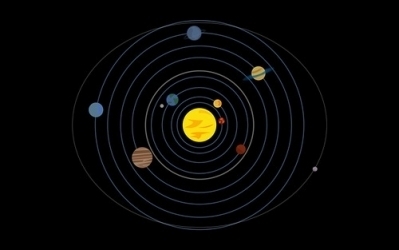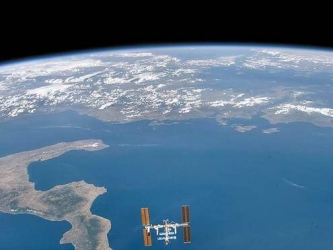Earth (n)
/ɜːθ/
the planet third in order of distance from the sun, between Venus and Mars; the world on which we live

gravity (n)
/ˈɡræv.ɪ.ti/
the force that attracts objects towards one another, especially the force that makes things fall to the ground

horizon (n)
/həˈraɪzn/
the line at the farthest place that you can see, where the sky seems to touch the land or sea

meteor (n)
/ˈmiː.ti.ɔːr/
a piece of rock or other matter from space that produces a bright light as it travels through the Earth's atmosphere

rocket (n)
/ˈrɒk.ɪt/
a large cylinder-shaped object that moves very fast by forcing out burning gases, used for space travel or as a weapon










































 Hãy đăng ký thành viên và đăng nhập để sử dụng chức năng này!
Hãy đăng ký thành viên và đăng nhập để sử dụng chức năng này!
Bình luận